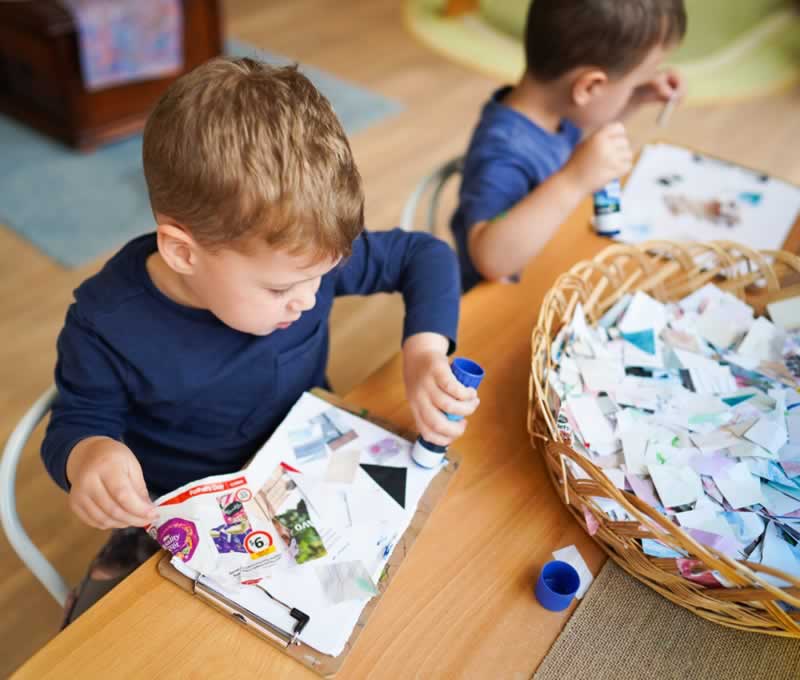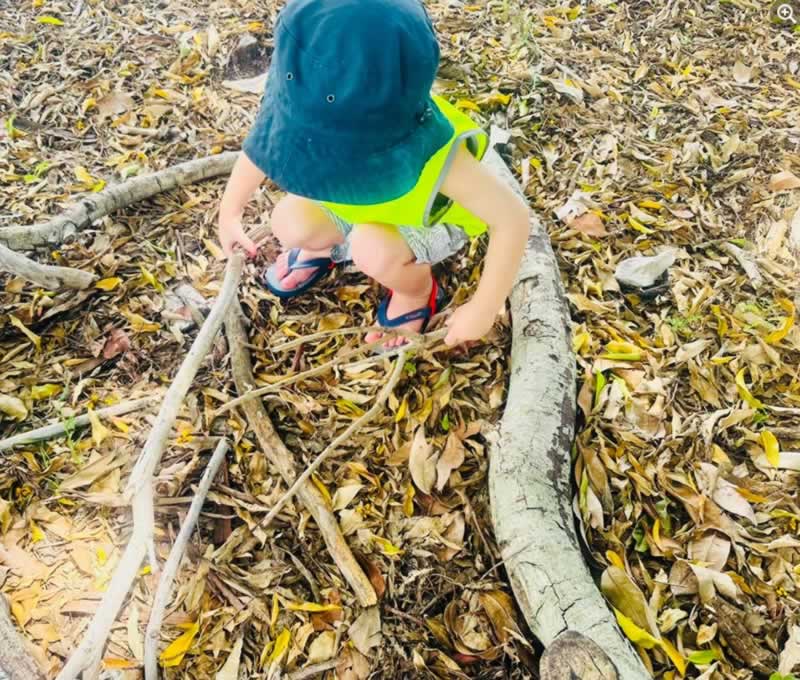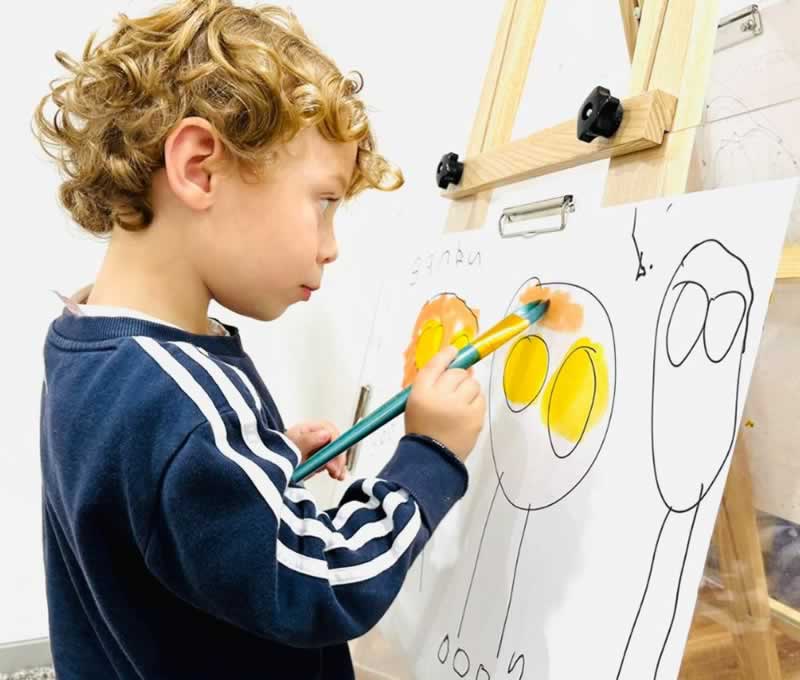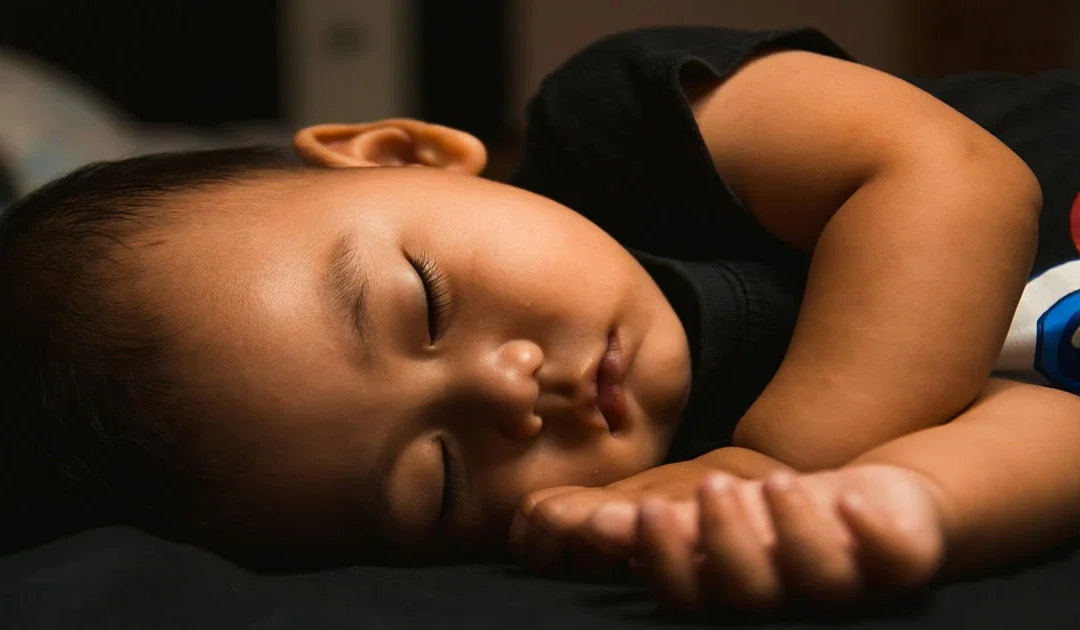


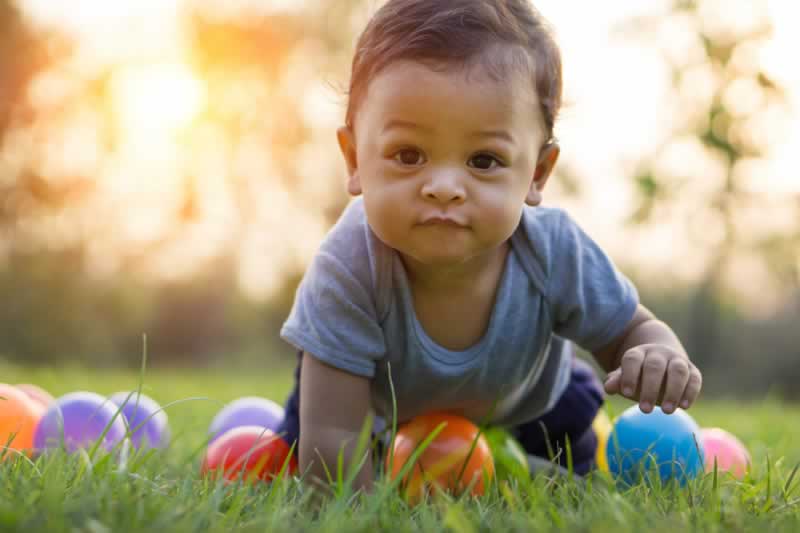









































As part of the kindergarten program, teachers prepare an end-of-year Transition Statement.
The transition statement provides a snapshot of your child’s knowledge, skills and dispositions for learning across the five learning and development areas for the state-based learning guideline. Kindergarten teachers develop the statement from a strengths-based perspective and draw from information you have shared about your child, along with observations and formative and summative assessments of your child’s learning and development recorded across the year.





















Babies’ learning and development is supported through everyday routines and early forms of play. Simple games, books, songs and rhymes promote language development and self-awareness. Through movement, babies develop fundamental movement patterns and physical skills. As sensory learners, babies engage actively with the world as they explore independently and socially with others.






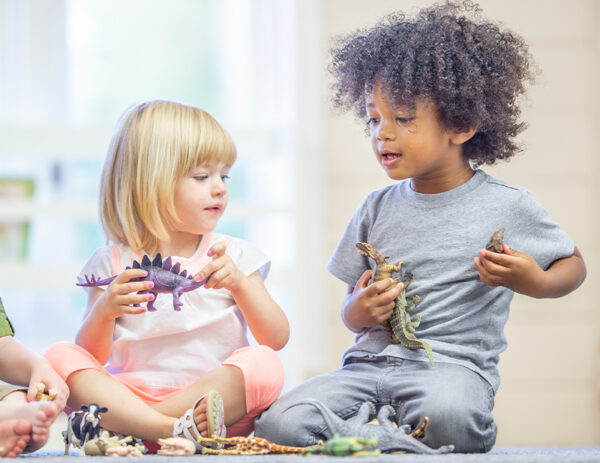
Young children learn best through play. Play builds healthy bodies and brains as children explore actively to make sense of their world and have fun. Play improves children’s physical, social and emotional wellbeing, and supports language, thinking and problem-solving skills.
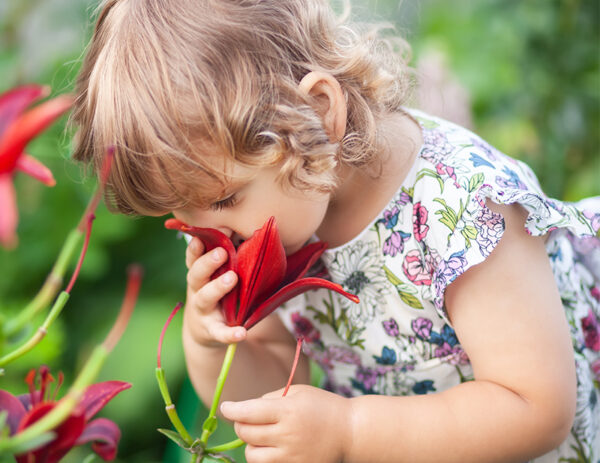
Exploring and making sense of the world independently and with others promotes positive dispositions for learning. Through discovery, children demonstrate curiosity. Discovery drives motivation to learn as children build confidence and resilience to engage in familiar and new experiences and take risks in their learning.
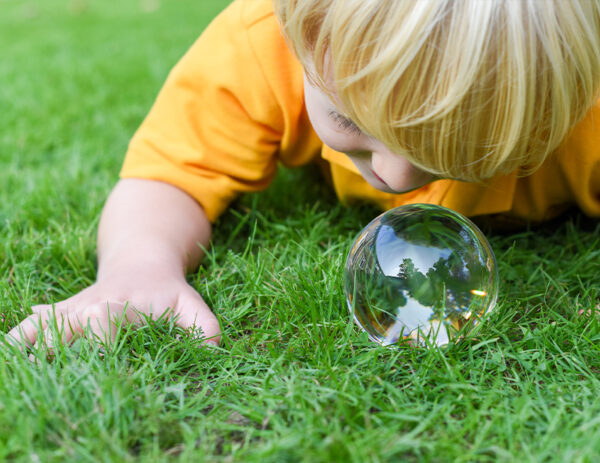
Play and discovery lead to learning. Learning occurs when children have repeated opportunity to practise and master new skills, observe, ask questions and problem-solve. Learning can only occur when children feel secure to explore their world. For this reason, relationships are the basis for all learning in First Five Early Learning centres.
At First Five Early Learning we celebrate who children are now. We recognise learning begins from birth, with the first five years the most critical and sensitive for shaping children’s health and wellbeing, learning and development.
We foster children’s natural propensity to learn through play and discovery. We draw from early childhood education research and evidence-based practice to inform high quality approaches to teaching and learning.

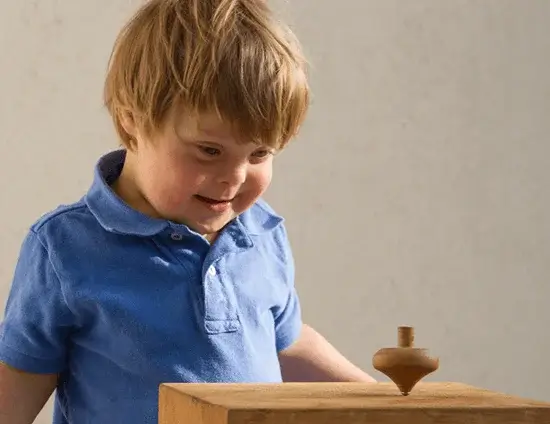
We view children as capable learners and demonstrate respect for the multiple ways they represent their ideas and share their learning. We slow down in our work with children to hear their voices and respect their thinking.
We join with families and community to nurture children’s learning and development in their formative years. We respond to children’s identities, cultures and languages and recognise family and community as children’s first and most influential teachers.
The First Five years is a critical and sensitive time period for children’s learning and development. High quality education and care matters for children’s early experiences and how they develop foundational skills for learning and life.
For young children, high quality education and care incorporates:
